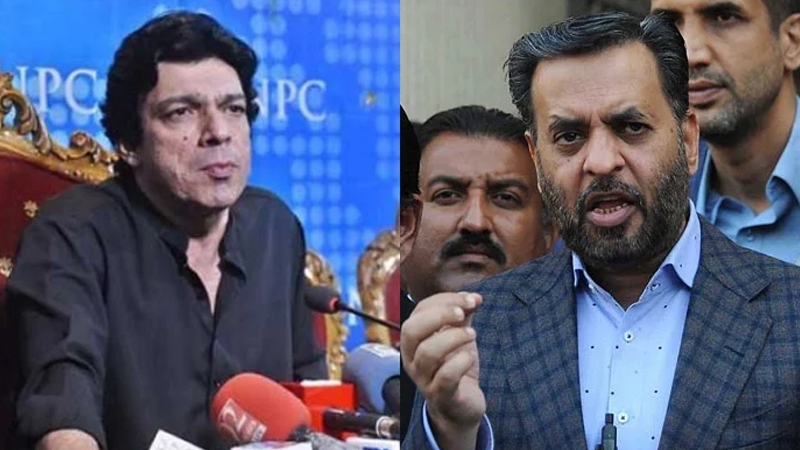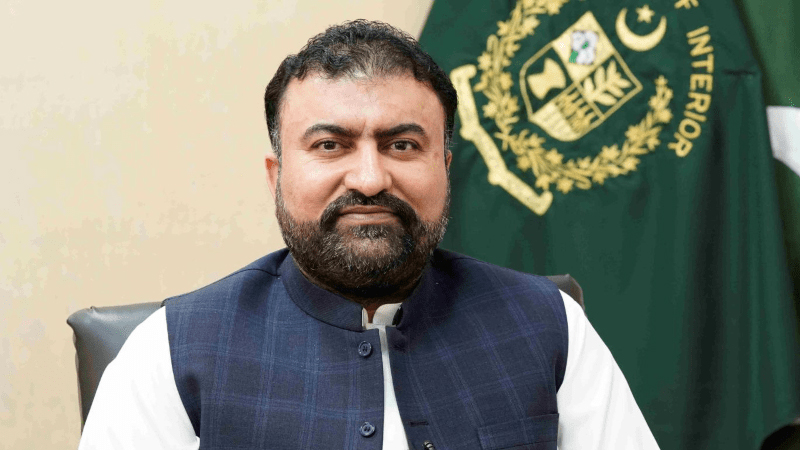The Supreme Court of Pakistan issued show-cause notices on Friday to independent Senator Faisal Vawda and Muttahida Qaumi Movement-Pakistan’s (MQM-P) leader Mustafa Kamal over their press conferences criticizing Islamabad High Court (IHC) judges.
The top court has summoned both leaders to appear before the bench at the next hearing. The three-member bench, headed by Chief Justice of Pakistan Qazi Faez Isa and including Justice Naeem Akhtar Afghan and Justice Irfan Saadat Khan, conducted the hearing.
The notices were issued following a suo motu notice taken against Vawda’s press conference, during which he condemned the IHC judges over their letter alleging interference by intelligence agencies in judicial affairs and questioned Justice Babar Sattar’s citizenship.
“Stop targeting the institutions, enough is enough. If there is any interference by institutions, then provide evidence and we will stand together [against it],” said Vawda, a former Pakistan Tehreek-e-Insaf leader, during his press conference.
A day after Vawda’s remarks, Kamal also held a press conference, demanding the implementation of dual citizenship laws across all institutions. He argued, “IHC says there is no restriction in the Constitution that a dual citizen cannot become a judge,” highlighting the inconsistency that “a member of the assembly having dual nationality is sent home.”
Vawda’s press conference followed his request to the IHC registrar for disclosure of the correspondence between then-IHC Chief Justice Athar Minallah and Justice Babar Sattar regarding the latter’s green card. This request was part of a social media campaign accusing Justice Sattar of holding US nationality and having business interests in a private school in Pakistan.
In response to these accusations, the IHC’s public relations officer clarified in a statement, “Justice Babar Sattar has never had any nationality other than that of Pakistan. He studied law at Oxford University as a Rhodes Scholar and pursued graduate education at Harvard Law School. He worked as a lawyer with a law firm in New York and while living and working in the US, was issued the Permanent Resident Card (also called green card) after being regarded as a person of extraordinary ability. He left his job in the US in 2005 and returned to Pakistan and has lived and worked in Pakistan since then.”
The Supreme Court’s suo motu action came shortly after the IHC responded to Senator Vawda’s letter, stating, “The information sought by the high court from lawyers being considered for elevation/appointment as judge does not include information regarding residency and/or citizenship of any country other than Pakistan.”











Leave a Reply